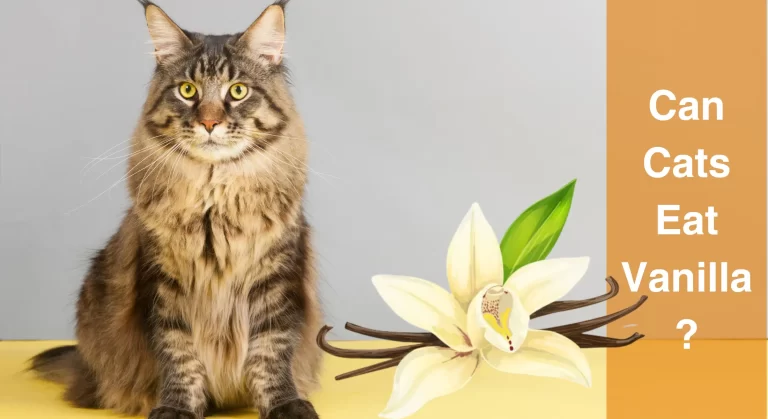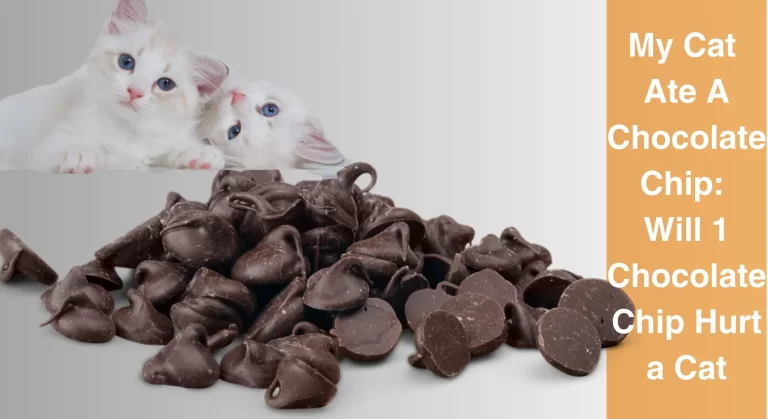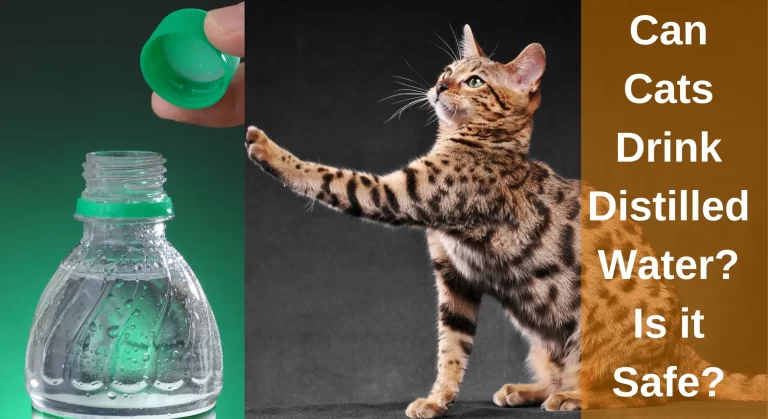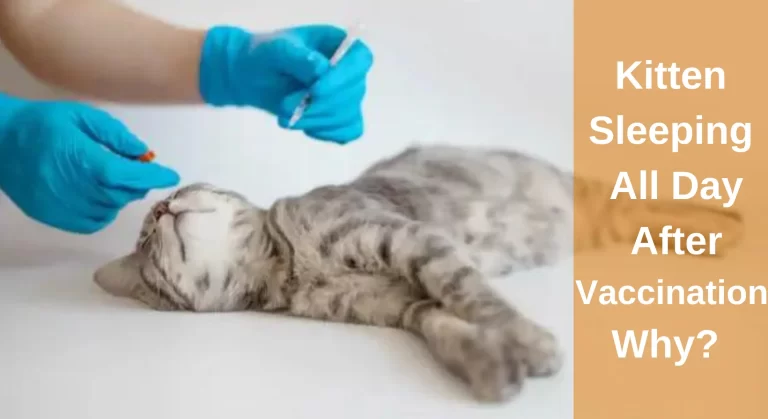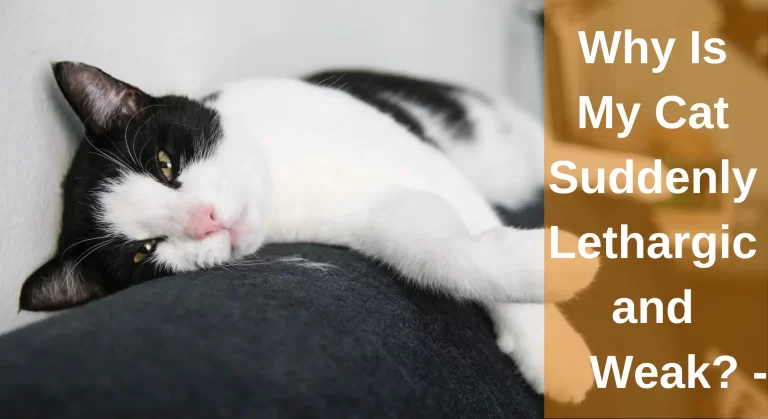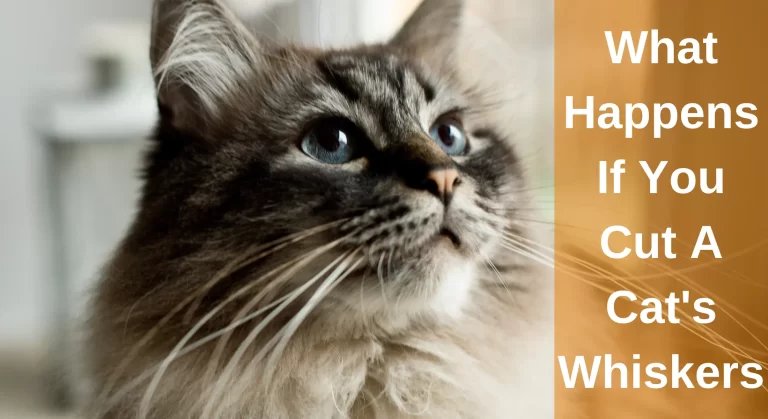Why My Cat Stopped Eating Dry Food But Eats Treats? Reasons
If your cat’s feeding habits abruptly alter, you get worried of course. If your cat suddenly starts rejecting the same dry food that he has been enjoying eating all year, this might be quite concerning. Why does this happen? Why My Cat Stopped Eating Dry Food But Eats Treats?
The taste of cat treats usually exceeds the taste of cat food. If your cat only eats treats instead of food, then there is probably something in its environment that has changed. And if you change the cats’ diet due to some medical problem they may continue to eat treats because of their good taste.
You are at the right place if your kitty faces the same problem. In this article, you will find the reasons as well as possible solutions for your feline’s food-rejecting behaviour (especially dry food).
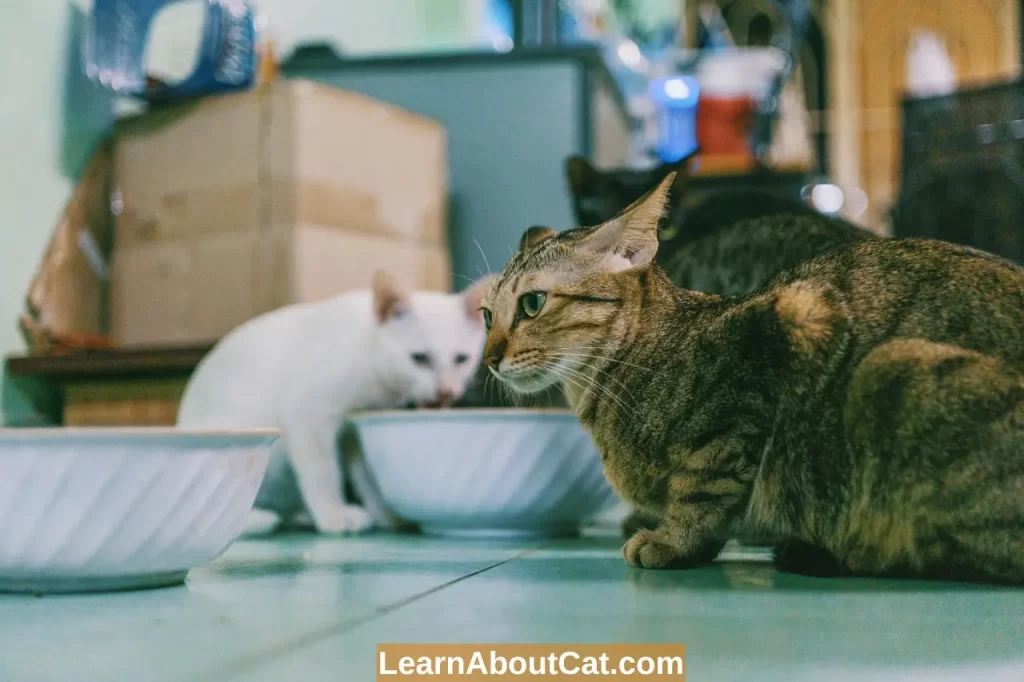
Reasons My Cat Not Eating Food But Eats Treats
Excessive Treats
Another common reason why it may only eat treats giving your cat too many treats at the start is and reject its dry food. It would develop a fussy eating habit over time and become more prone to certain diseases, such as obesity.
Reduced Appetite
Your cat may reject dry food because they are not as hungry as they once were, but they will still take treats since they are drawn to the greatest meals, which offer rewards.
Inability to Access Clean Water
If your cat doesn’t have access to “clean” drinking water, he can abruptly stop eating dry food. Your cat may be suffering from chronic dehydration, which can make it difficult for them to eat dry food.
She/ he is Choosy
If your cat begins to dislike dry food, it’s conceivable that it will stop eating it. This frequently relates to a change in the flavour, fragrance, or texture of the meal. Although the kibble might look the same to you, your cat’s better-developed senses will tell them otherwise.
Gastrointestinal Problems
The sudden change in appetite might be related to the digestive system inflammation that is making your cat feel unwell. The liver, pancreas, or small intestine—your cat’s three primary digestive organs—could be inflamed as a result of one or more gastrointestinal diseases.
Dental and Gum Disease
It’s also conceivable that dental diseases have caused your cat’s gum and teeth issues. In actuality, between 50% and 90% of cats over the age of four have dental issues.
Plaque buildup on the teeth causes gum inflammation or gingivitis. Cats shake their head because eating becomes more uncomfortable as a result of the gums and teeth being destroyed by bacteria that grow in excess plaque. Gingivitis can also develop into periodontitis.
Parasitosis
The discomfort and agony in your cat’s stomach might also be caused by parasites that have made their way into its digestive system. Tapeworms, roundworms as well as hookworms are the most common parasites. In adults, parasites seldom cause substantial injury or raise serious concerns, but in young kittens, they can be a serious problem.
Old Food
Additionally, it’s possible that your cat food has stalled and lost its freshness. If the best before date has passed, throw away the remaining food and buy more. The package has been retired. Give it a sniff and check whether it smells rotten.
No Proper Feeding Routine
Due to the lack of a regular feeding schedule, your cat may have stopped eating dry food. They require a regular schedule to feed comfortably, thus this disturbs them. In fact, having a regular mealtime routine is a great way to persuade picky eaters to stop. Stick to a feeding plan and serve meals at regular intervals throughout the day.
Poor Quality Food/ Non-Branded Food
Although it’s uncommon, the dry cat food you recently bought can actually be from a bad batch. Cats might not consume the dry food if you just switched to a different brand. Cats are extremely picky creatures who must eat meat, so dry food isn’t exactly considered to be “natural” for them.
Interesting Reading: Is It OK if My Cat Only Eats Dry Food?
What To Do For A Cat That Only Consumes Treats?
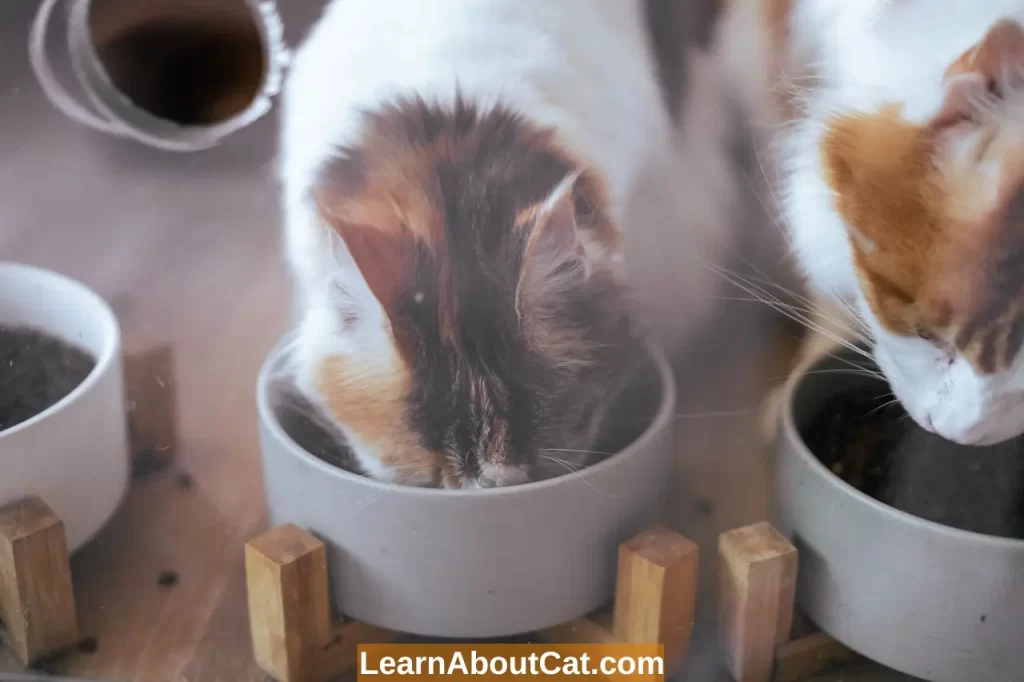
- Trying to figure out underlying medical issues that could be affecting your cat’s appetite is the first step to why they only consume treats. Your veterinarian could advise blood tests or other treatments to help with the diagnosis.
- If all other medical conditions have been checked out, look into your cat’s dry food directly. Has the expiry date passed? Does it have a peculiar smell? Has the bag been open too long, allowing the contents to spoil?
- You might also try blending in a little quantity of wet food, tuna, cooked meat, or some other tempting treat to attract your cat. Of course, there’s a risk that your cat won’t even eat the food in this scenario—just the garnish.
- To check how your cat responds, try buying a brand-new bag of its preferred food.
- Consider switching your cat to wet food if their appetite doesn’t increase after trying a different flavour or brand of dry food.
- If everything else fails, your veterinarian may advise taking additional steps, such as utilising an appetite stimulant.
Why is My Cat Only Eating Treats?
This does happen if:
Diet is not Balanced
Cats need specific nutrients in their meals, as well as the ideal ratio of protein, fat, and carbs, to keep healthy. Commercial cat meals were created to give your cat a balanced diet, and even the cheapest food is still held to very minimal requirements.
Fatty Liver Syndrome
Whenever they go for even a few days without eating or eating little food, they may suffer from liver disease. When this occurs, the cat’s liver cannot handle the excess fat and begins to store it instead, which causes diminished liver function and, if left untreated, liver failure and death.
A Cat Isn’t Eating: What To Do
It’s important to keep an eye out for any changes in your cat’s routine, especially when it comes to food, because cats, as a species, are pretty good at hiding when they’re wounded or unwell.
- Call your veterinarian if your kitten hasn’t eaten in one to two days or if your adult cat hasn’t eaten in two days.
- Adult cats, especially those that are overweight, face the risk of acquiring the deadly disorder hepatic lipidosis if they stop eating, thus immediate action must be done.
If your cat stops eating and displays these signs, take them to the vet straight away if your feline has breathing difficulties, diarrhoea, lethargy or vomiting etc.
Treatment Options For Appetite Loss
There are several methods to address appetite loss, but the best one will depend on what’s causing it in the first place.
If your cat has a medical condition, it may need:
- Antibiotics, an operative procedure in a diseased condition, dietary modification, hospitalisation and fluid treatment or meds for motion sickness reduction or appetite stimulation
If your cat’s doctor determines that it is healthy but just a picky eater, follow this advice:
- Try serving your cat meals with a variety of textures, flavours, or shapes. If you’ve refrigerated wet foods, reheat them up first.
- Just buy as much dry food as your cat would eat in a month since some foods might spoil or get rotten.
If a Cat Doesn’t Eat, What Can You Do With Him or Her to Eat?
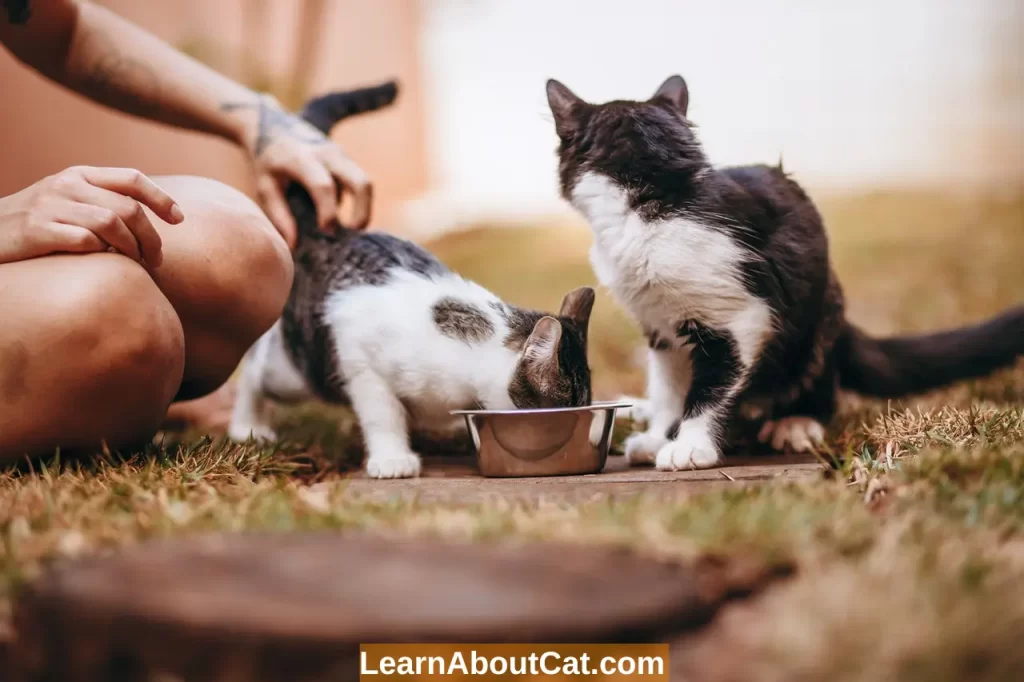
Variety of techniques you may use to get your cat to eat. No one is more familiar with your cat than you are, and you are aware of the ideal beginning place given their qualities. You would also need to try several alternatives. Here are some possible solutions.
- Give cats their food in a place where they won’t be disturbed by people or other animals so that they may consume it quietly.
- Try alternative places for the bowls. Your cat may have stopped eating where they formerly did because something there scared or turned them off.
- Choose stainless steel as plastic plates that have been cracked might harbour bacteria.
- If all other options fail, hand-feeding could be successful.
- For a while, it is best to feed them two to three times a day so you can keep track of when they are fed and predict when they will be hungry.
- Always keep their food fresh.
- Try to use the same flavours and textures whenever feasible. Not often; newer is preferable.
- Try different kinds of seafood; the spicier.
- Stir some low-sodium chicken broth into your dish for them once it has warmed up. Garlic cloves, chives and onion powder should not be used in their food. Add some beef baby food/ Add a little water from a tuna/ fish oil/ probiotic flora or nutrient-rich yeast powder to their diet. The nutty flavour is especially beloved by cats.
The Bottom Line On Why My Cat Stopped Eating Dry Food But Eats Treats
Due to the above-mentioned reasons, your cat may have stopped eating dry food but is still eating treats or may have entirely lost its appetite. Maintaining a rigorous feeding schedule, temporarily lowering rewards, and keeping an eye on how alterations to their surroundings affect their food intake are all options to think about. Make sure their supper is still fresh as well.
Although it is less frequent, it is crucial to bring your cat in for regular checkups so that their digestive and dental health may be assessed. You can help ensure that your cat is happy and healthy and that there are no unrecognised medical issues by doing this.
Related Posts:
Who is Isabella?
My name is Isabella, and I am a dedicated and knowledgeable cat enthusiast. With years of experience caring for cats and a deep love for felines, I made a mission to help other cat lovers navigate the challenges of cat ownership.

